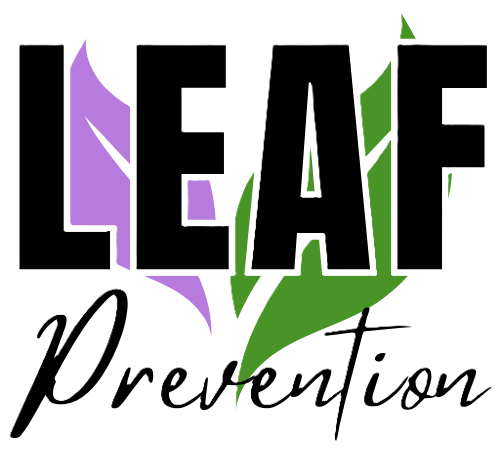

Blog Posts
If you're a mom who's been online—and who hasn't asked a million parenting questions online—you may have laughed at the "Wine Mom" memes.
These jokes come from a good place. They acknowledge that it's okay to find parenting difficult, other moms get your struggles, and being a parent doesn't reflect someone's picture-perfect Instagram. Moms have often stopped drinking while pregnant to avoid well-known risks for their babies, so it's understandable they want to celebrate their new family.
If you're a mom who's been online—and who hasn't asked a million parenting questions online—you may have laughed at the "Wine Mom" memes.
Make sure you get mom a bottle of wine for Mother's Day. After all, you're the reason she drinks
Mom fact: if you combine wine and dinner, the new word is winner!
Motherhood: Powered by love. Fueled by coffee. Sustained by wine.
The most expensive part of having kids is all the wine you have to drink.
These jokes come from a good place. They acknowledge that it's okay to find parenting difficult, other moms get your struggles, and being a parent doesn't reflect someone's picture-perfect Instagram. Moms have often stopped drinking while pregnant to avoid well-known risks for their babies, so it's understandable they want to celebrate their new family. Also, once you become a parent, the opportunities for socializing outside the house reduce, so drinking more in the home may seem like a natural progression. However, while drinking alcohol may provide short-term relief from the exhaustion and stress of being a mom, have you stopped to think it might make you less able to cope with the demands of parenting?
Alcohol doesn't help you sleep
Being a parent is exhausting. You may choose to cope by drinking alcohol to help you relax and sleep. However, research indicates that while alcohol can initially make you feel drowsy and help you fall asleep, it actually disrupts the quality of your sleep. Studies have shown that alcohol consumption before bedtime can lead to more fragmented sleep patterns, increased awakenings throughout the night, and a reduction in overall sleep duration. Additionally, alcohol can interfere with the crucial REM (rapid eye movement) stage of sleep. This disruption can leave you feeling less rested and more tired the next day despite spending time asleep. Overall, while alcohol may induce sleep initially, it ultimately compromises the quality of your sleep.
Alcohol doesn't relieve stress
In fact, relying on alcohol to cope with the stresses of parenthood can lead to a variety of negative consequences. Although you may feel better temporarily, you are more likely to get emotional with your children after drinking or with a hangover. In the long term, regular excessive consumption of alcohol can increase the risk of alcoholism, worsen mental health, and contribute to relationship problems and financial difficulties. Ultimately, while alcohol may provide temporary relief, it is not a sustainable or healthy way to manage stress. You may need multiple approaches to help cope with parenting stress, such as asking family and friends for support, finding a babysitter, or developing a different self-care routine.
Nobody wants to take away a mom's pleasures, which can seem few and far between during busy and tiring days. However, it is worth considering whether opening that bottle might create more problems than it solves and whether there are better supports for parenthood.
Read some top tips on reducing the amount you drink in our blog "Practical Steps for Drinking Less Alcohol and Feeling Great," based on CDC guidance. [ADD LINK]
If you would like support with your drinking, you can contact the LEAF Council on Alcoholism and Addictions: leafinc.org, (607) 432-0090.
He S, Hasler B.P., Chakravorty S. (2019) "Alcohol and sleep-related problems." Curr Opin Psychol. Dec;30:117-122. pubmed.ncbi.nlm.nih.gov/31128400/ (National Institute of Health National Library Database).